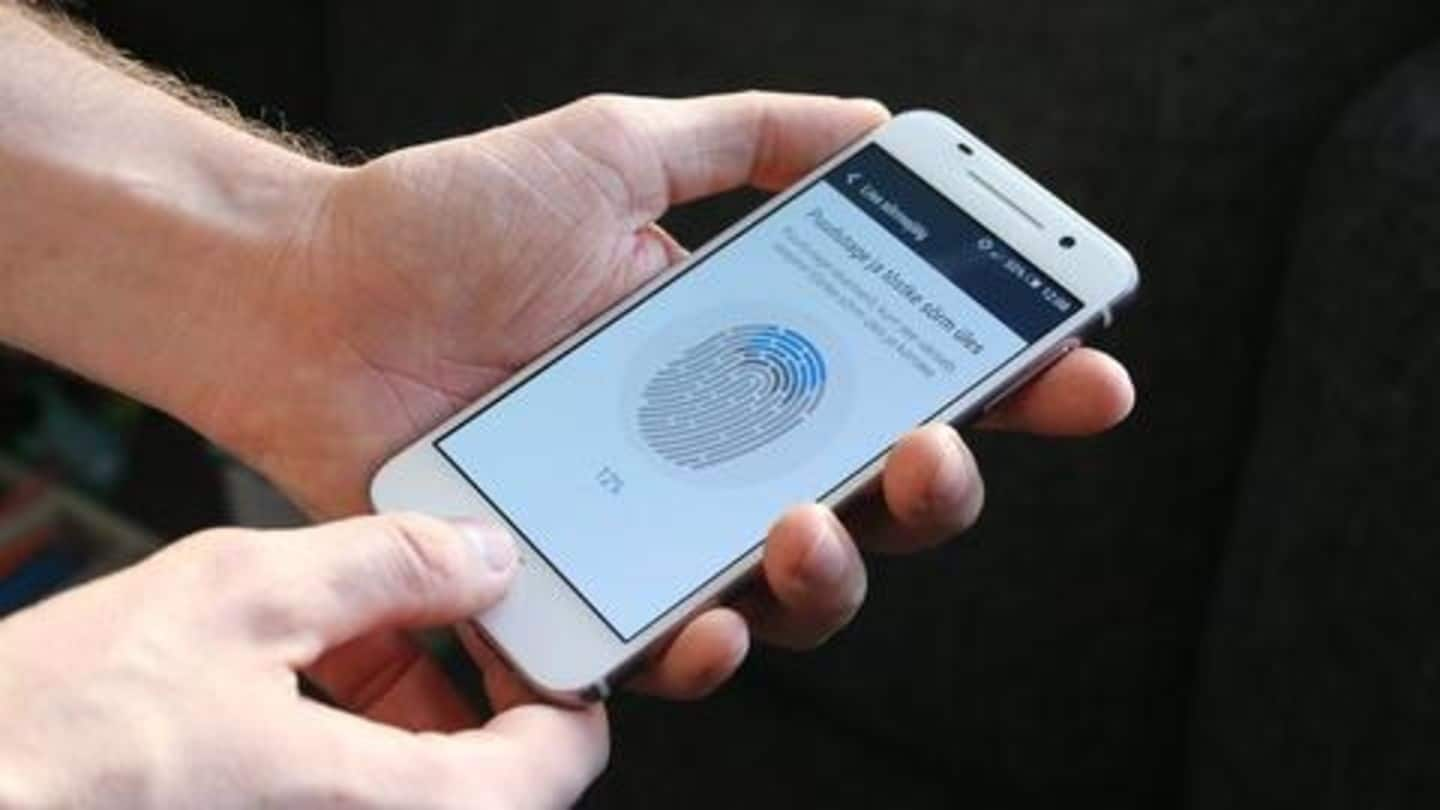
Your phone locking method reveals your age: Here's how
What's the story
From fingerprint scanning to vein recognition, smartphone security has come a long way over the years. You still get standard PIN and password-based authentication options, but most of the public have started switching to newer, more convenient methods. However, a new study has revealed that the way you lock your phone also speaks volumes about your age and usage habits. Here's how.
Researchers
Smartphone usage monitored by researchers
Working with Google-based researchers, a team from University of British Columbia conducted a study to find a correlation between smartphone authentication and age. They asked 134 participants, all aged between 19-63, to install a custom-built 'study app' that monitored device interaction on a daily basis. The app also provided an option to choose what information the participants wanted to share and what not.
Study
App monitored lock/unlock events, user sessions
Once installed, the app in question tracked usage habits of the participants for a period of 60 days. It looked not only at individual locking and unlocking events but also measured the way of locking (auto/manual) and timed the user sessions between every unlock-lock. Finally, the results were analyzed to establish the relation between locking methods and age of the participants.
Results
What the results revealed
The results of the study revealed that younger smartphone users prefer using fingerprint security as a way of unlocking, while older individuals prefer PINs. Plus, the work also showed that older users preferred automatic phone locking more than manual. With a 10 year age gap, the dependence on automatic locking increased by 5% for females and 16% for males.
Usage
Younger generation spends more time on smartphone
Along with this, the study also revealed that younger individuals spend a lot more time on their phones than older ones. Specifically, with an age gap of 10 years, daily user sessions of the study subjects declined by as much as 25%. Simply put, if a 25-year-old individual is using their device 20 times a day, a 35-year-old might only use it 15 times.
Information
Hope to make phones more secure
The researchers believe that their findings (locking, unlocking and usage patterns) could ultimately be used to augment the development of smartphones and make them more secure against unauthorized access.